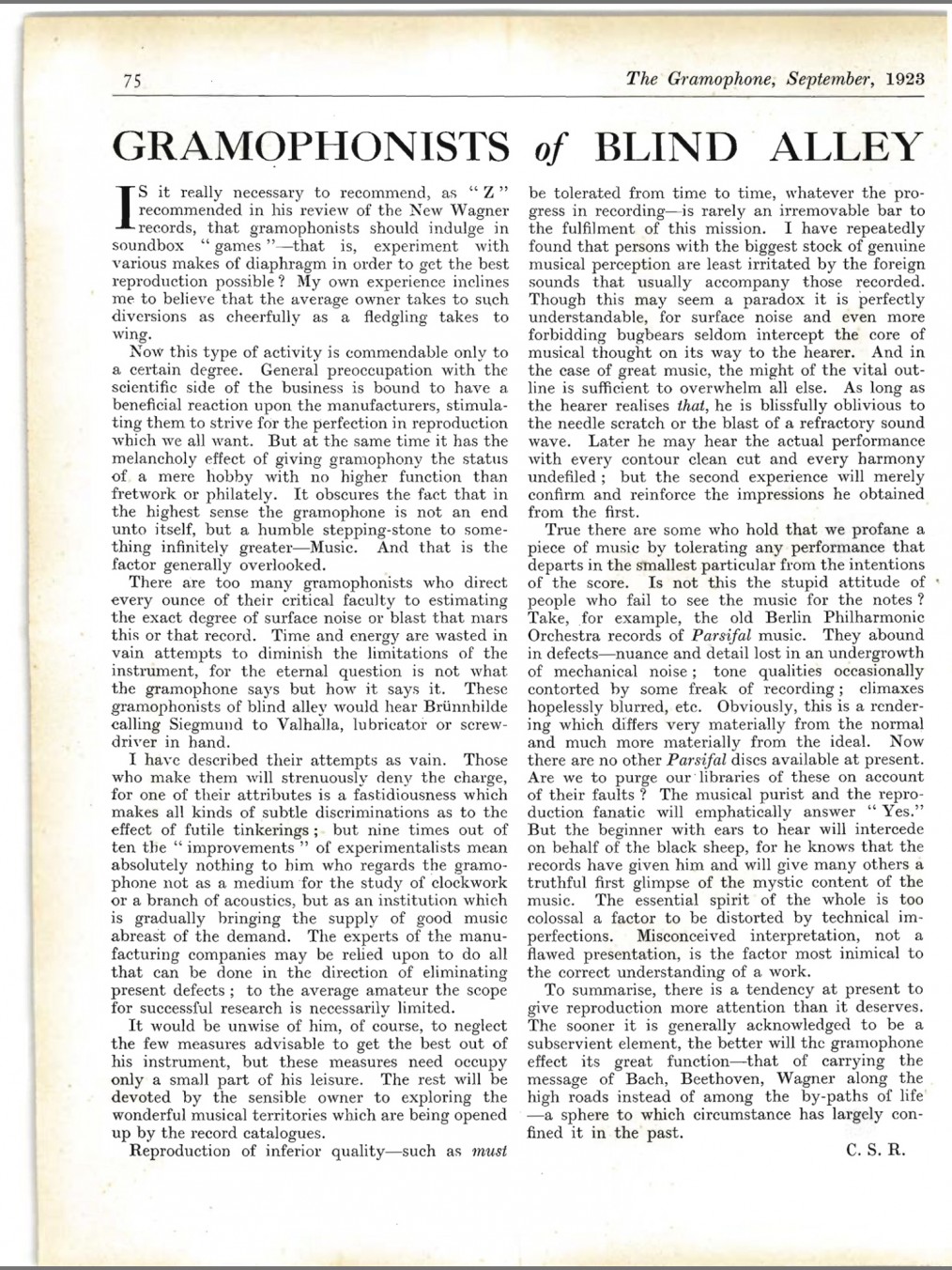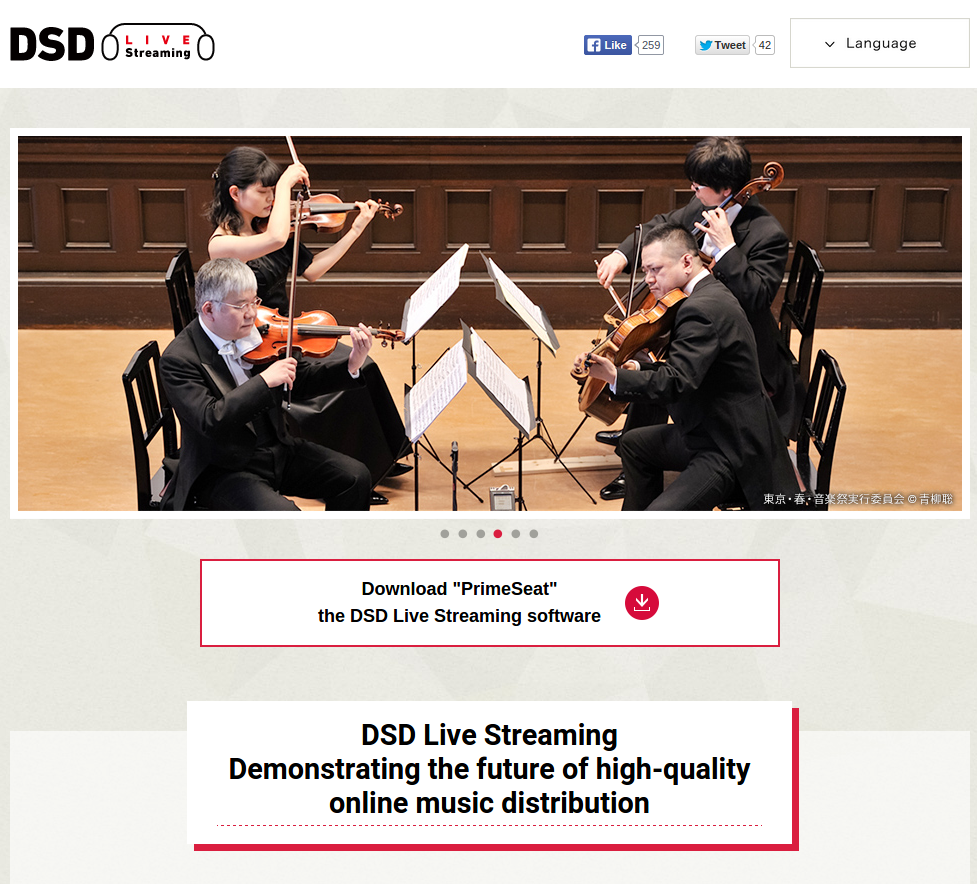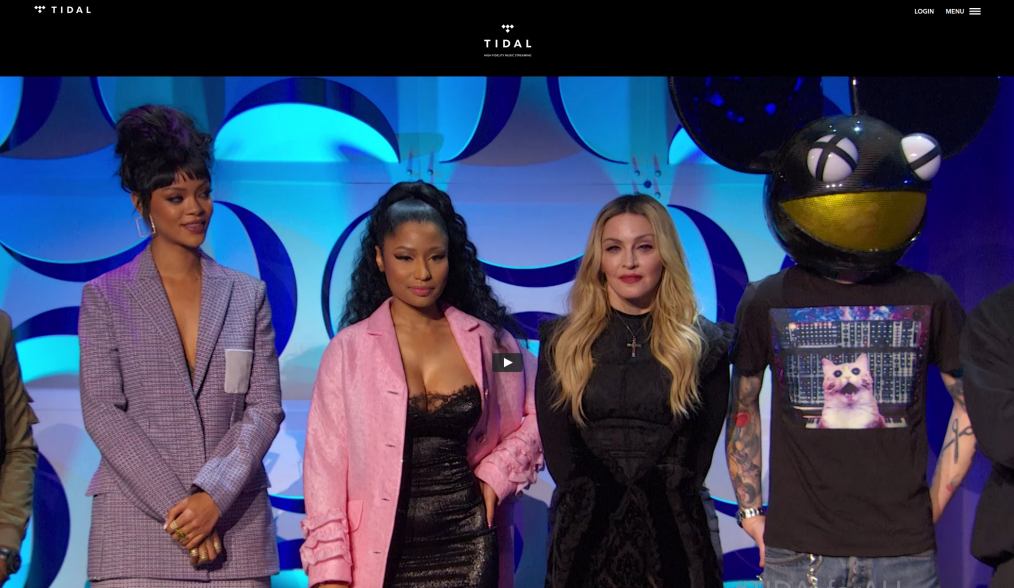Accuracy or Musicality, Consumer Reports on Digital Audio, Putting on the Brakes
Not much going on the last few days. Lots of ‘zines pulling out old posts.
This one caught my attention…
Who’s Right? Accuracy or Musicality (J. Gordon Holt, Stereophile, 1977)
I think they used to write longer articles back then than they do now.
Based on the brands mentioned, it seems like products with more accuracy have greater longevity than musicality. At least over the last 40 years.
Over the last 20?
It seems to me, as several major brands go under and/or get bought out – that it is the brand names that have longevity. Name recognition is very important in today’s crowded marketplace and online marketing chaos.
J. Gordon Holt’s point, to sum it up, is that whether a sound is accurate or musical is in the eye of the beholder [measurements tell us something but not nearly enough to be able to call something ‘accurate’] and that an audiophile should take a closer look at just who this beholder is that they are counting on for an assessment of the quality of a piece of audio gear.
Well, if he thought this “who is that beholder you are trusting” thing was a problem in 1977…. !!!
As Neli and I are called upon to reflect on what we have learned over the last 13 years after turning our high-end audio hobby into a business, and as we think seriously about expanding the business, it is the wide range of quality of equipment reviews, both by the trade and by the audiophile, that is, we feel [well, maybe I should leave Neli out of this :-)], primarily responsible for marginalizing our industry and putting a cap on any growth that might occur.
For example…
Manufacturers can consistently always find several people, trade and/or consumer, to give their product a positive review. And a lot of audiophiles put a lot of faith in these reviews. This means, for example, that from a buyers point of view, all $100K amps must be of equal quality, because they ALL get rave reviews. In fact, they all get several raving, drooling, OMG, OMG reviews.
This has fallout that I will write about when I am in a really, really bad mood [Neli tries to prevent me from reaching the keyboard at those times, so it might be awhile :-)]. The only antidote, at this time, seems to be more and more shows [yay!] and more good dealers who have good sound – places where people can hear things for themselves. [“Trust your ears, Luke”]
Consumer Reports
Michael Lavorgna [what is it with people named Michael being so much smarter than people with other names? :-)] over at AudioStream pointed to an article by Consumer Reports on How to make your digital music sound better which he says is a worthwhile article for non-audiophiles to read.
And it is!
And kind of funny too, in an inside joke kind of way.
Perhaps there is some implicit good ‘tide is turning’ news here when a mainstream publication starts treating music fidelity with respect?

Putting on the Brakes
Another post from the wayback machine.
This from 1923, no less.
This is your standard “anti-tweak, anti-technology, it should only be about the music, things sound good enough already” post.
In the last month, we covered at least two stories that were promulgated by essentially this exact type of personality. One was anti 24/192 (who needs these new digital formats? Digital is already perfect). And… Uhhhmmm… I am forgetting the other one.
Anyway, these people still tend to dominate the news and the discussion. I consider these people to be true, old fashioned high-end audio conservatives – they fight change for the sake of change. They provide a useful function, IMO. Not very exciting though [how about a 128 bit (VLW) / 1 Bhz format – now THAT would be AWESOME…! 🙂 ]
There is some discussion of this on InnerFidelity
Geez, all three posts were from Stereophile-rated websites. Sorry ’bout that folks. Next news blast is already shaping up to be different…










